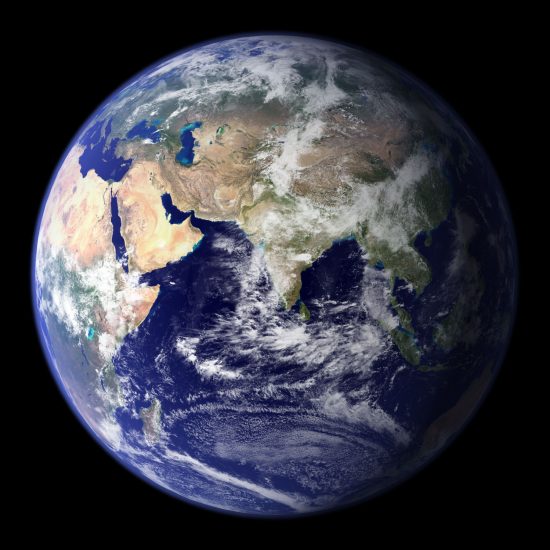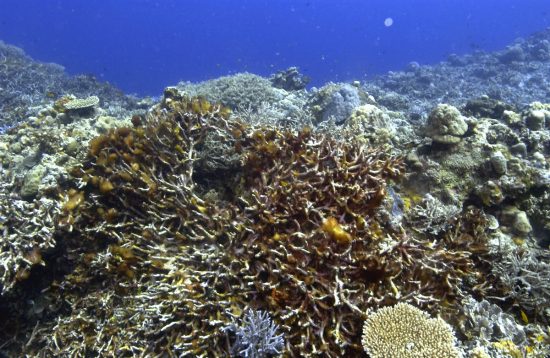




Demands on natural resources have exceeded available resources since yesterday
This year, Earth Overshoot Day fell on 8 August 2016. On that day, the
world would have used up its allocated resources for the entire year,
so that any further usage on natural resources would exceed what it
could regenerate for that year.
This date has been arrived at based on data from the Global Footprint
Network, an international research organisation. The result is a drop
from the previous year's date of August 13th, signifying our growing
load on the planet’s reserves.
“Once again, the global balance has slipped into the negative, and this
is not the first time. For more than 30 years, we have been
accumulating this global deficit,” said WWF Germany’s Managing Director
Eberhard Brandes in German.
“We must find a way to live and work within the natural limits of our
planet. This is the greatest challenge of our time. If we do not meet
this challenge, our children and grandchildren will suffer the
consequences,” he added.
At the same time, Brandes warned of petty issues that might arise when
dealing with sustainability and environmental protection. As climate
change is not restricted by national borders, no country can avoid the
effects of water shortages, species extinction and pollution. According
to him, only with a reduction in our ecological footprint could we
ensure a high level of economic prosperity for our children and
grandchildren. He said that the major industrial nations should take
the lead in bringing about the changes that were urgently needed.
“The
facts are on the table, the goals have been clearly defined by the
Sustainable Development Goals and the Paris climate agreement. Now,
it's time to act,” he said.
According to the WWF, Germany’s ecological footprint has reached
dangerously high levels in the past ten years.
Germans use more than
twice as much resources as they would be allocated yearly. Thus, the
country needs to readjust their usage in the areas of agriculture and
transport, and safeguard conservation areas more effectively.
Of
particular importance is the constant implementation of energy
transition and the reduction of greenhouse gas emissions, particularly
in the electricity sector.
Humans will need the resources of two planets by 2030.
The origins of Earth Overshoot Day dates back to the concept of the
ecological footprint, which illustrates how much land is required to
sustain humanity’s use of natural resources.
Since 1970, carbon dioxide
emissions have more than doubled. Based on the Living Planet Index,
there has been a 52 percent loss of biodiversity in the past four
decades. And on average, the population of mammals, reptiles, birds,
amphibians and fish have been halved.
If people do not change their lifestyles, we would need the resources
of two planets by 2030 to sustain our demands for food and renewable
raw materials. And twenty years after that, in 2050, we would require
three planets.
This is a far cry from the year 1960, when we used up
only two-thirds of the world’s resources.
See here for more information
 Mares
Mares 9th August 2016
9th August 2016